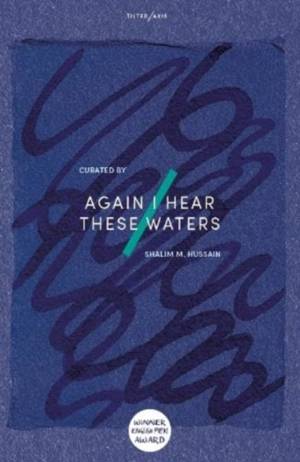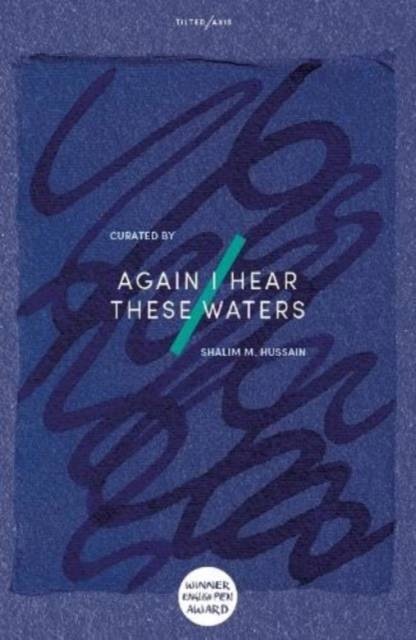
- Afhalen na 1 uur in een winkel met voorraad
- In januari gratis thuislevering in België
- Ruim aanbod met 7 miljoen producten
- Afhalen na 1 uur in een winkel met voorraad
- In januari gratis thuislevering in België
- Ruim aanbod met 7 miljoen producten
Again I Hear These Waters
Abdul Kalam Azad, Abdur Rahim, Aman Ali, Ashraful Islam, Hafiz AhmedOmschrijving
A first-of-its-kind collection of poetry and song from India's Assam region.
The 'Miyah' community of the Northeast Indian state of Assam is formed from the descendants of migrant Bengali-Muslims living in the chars (low-lying islands prone to floods and erosion). Very rarely do we see translations of literature from India's Northeast, a contested region seen as 'off the map' of India proper, or from the hundreds of languages which are not official at either the national or state level. In poetry and song originally written mostly in Assamese or local dialects spoken by the community, over twenty voices are brought together in this anthology to document deeply intimate stories of nature, loss, and yearning, foregrounding these contemporary lives beyond mere victimisation.
From folk river-songs as poems to love poetry, the islands and riverbanks of the chars and chaporis of the Brahmaputra River become both background and metaphor in this anthology, never shying away from the prismatic effect of water. Curated by Shalim M. Hussain, a leading figure in the Miyah poetry movement, Again I Hear These Waters is an offering, a gathering.
Specificaties
Betrokkenen
- Auteur(s):
- Vertaler(s):
- Uitgeverij:
Inhoud
- Aantal bladzijden:
- 113
- Taal:
- Engels
Eigenschappen
- Productcode (EAN):
- 9781911284925
- Verschijningsdatum:
- 29/02/2024
- Uitvoering:
- Paperback
- Formaat:
- Trade paperback (VS)
- Afmetingen:
- 130 mm x 196 mm
- Gewicht:
- 113 g

Alleen bij Standaard Boekhandel
Beoordelingen
We publiceren alleen reviews die voldoen aan de voorwaarden voor reviews. Bekijk onze voorwaarden voor reviews.









